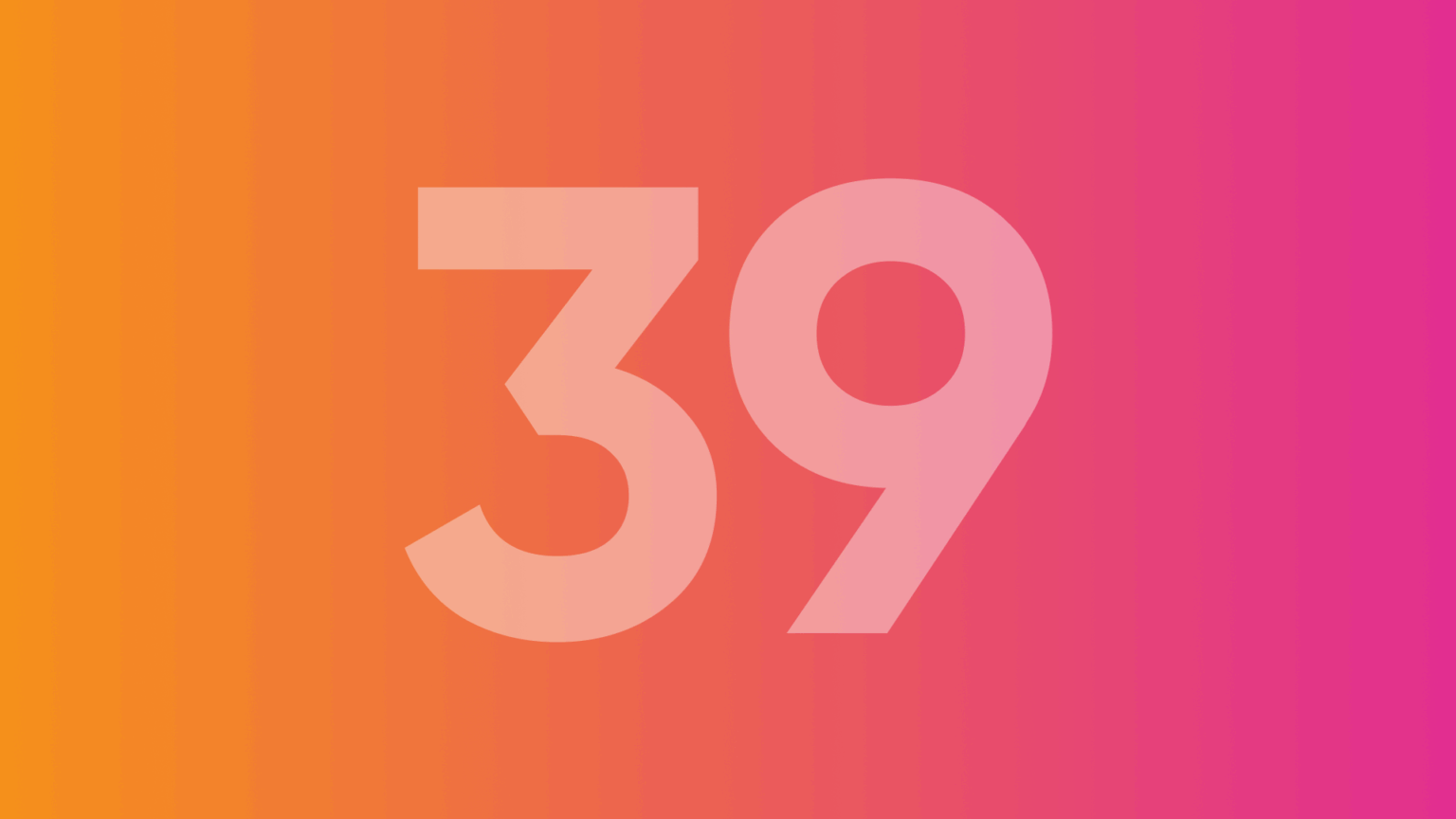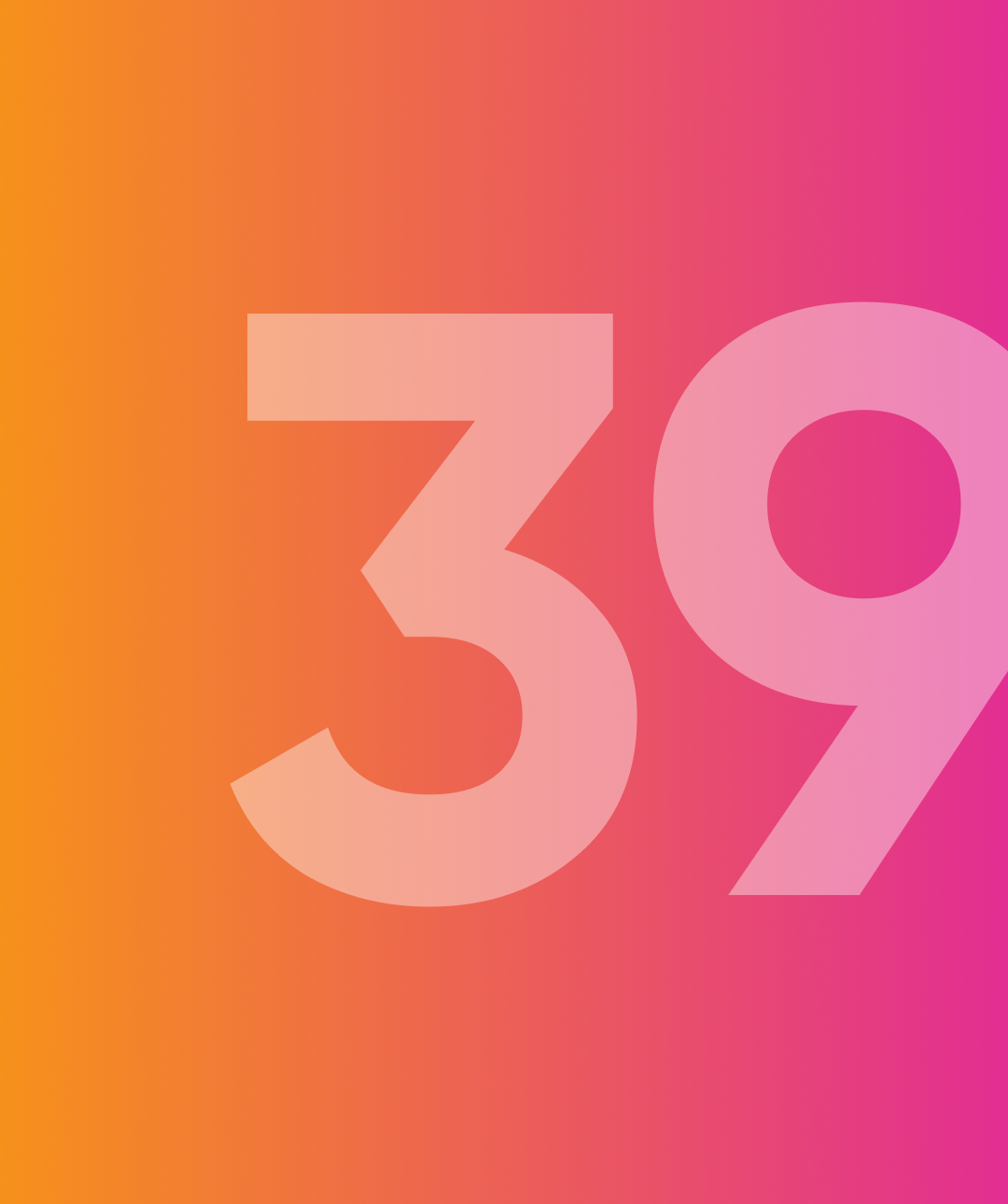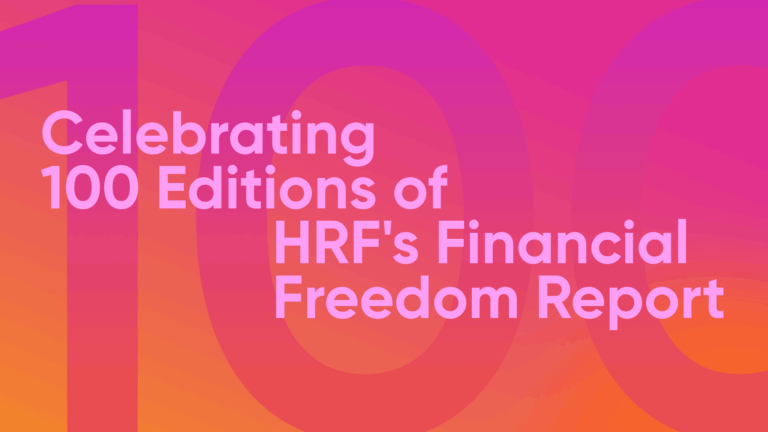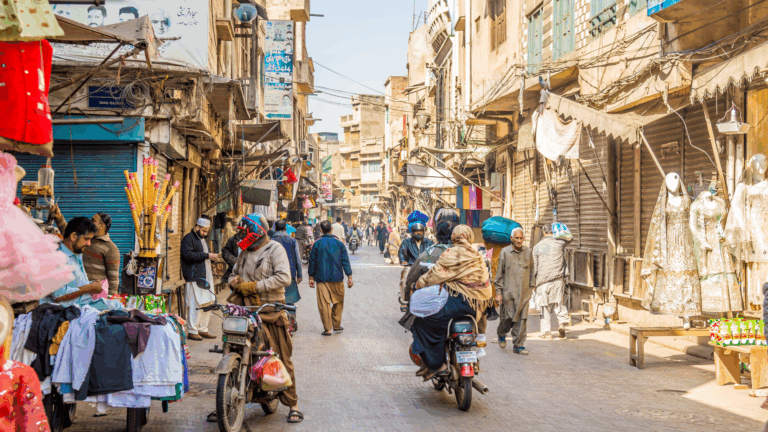The Financial Freedom Report is a newsletter focusing on the role currency
and banking play in the civil liberties and human rights struggles of those
living under authoritarian regimes. We also spotlight new tools and
applications that can help individuals protect their financial freedom.
Good morning, readers!
In Syria, Bashar al-Assad’s economic policies continue to devastate the lives of millions while he enforces a tight grip on power. Manipulated currency exchange rates and strict monetary controls have deepened poverty and wreaked havoc on the Syrian lira’s value, offering a sobering view into the impact of authoritarian rule on the financial freedom of everyday citizens.
In Central America, Nicaraguan strongman Daniel Ortega banned an additional 1,500 non-governmental organizations (NGOs) from operating in the country. He also seized their assets, leaving the organizations financially crippled. Ortega has turned to financial repression as a first-choice tactic against his opponents, even freezing funds of universities and the Catholic Church.
On a brighter note, the ALS Network has been selected by the Finney Family to receive the monetary component of the very first Finney Freedom Prize. The 1 BTC in funding will be used to establish a new Hal Finney ALS/MND Research Fund, advancing research into ALS and other motor neuron diseases in the memory of the cypherpunk legend. Meanwhile, a new payment app called Tando enables 54 million Kenyans to send money, buy goods, and pay bills with Bitcoin. Users simply send Bitcoin from their preferred Lighting wallet, and the recipient receives Kenyan shillings, providing a more private and independent means of transacting.
We end with a guide from Area Bitcoin, a Brazilian Bitcoin education initiative, that walks readers step-by-step through buying Bitcoin on RoboSats, a private, peer-to-peer Bitcoin exchange. If you’re an activist or nonprofit operating under surveillance, this guide is for you.
Now, let’s dive right in!

Brazil | Court Orders Nationwide Suspension of X and Freezes Financial Accounts
In a significant escalation of a legal dispute, Supreme Court Justice Alexandre de Moraes ordered the suspension of X across Brazil and the freezing of Starlink’s financial accounts. This follows X’s failure to comply with a court-imposed deadline to appoint a legal representative in Brazil. The order includes fines of up to $9000 per day for individuals caught accessing X via VPNs. Despite initially refusing to block X, the satellite Internet provider Starlink has since complied with court orders to do so. Elon Musk criticized the ruling, however, accusing Moraes of enforcing unjust censorship against political opponents and “illegally” freezing their finances. The suspension of one of Brazil’s most widely used social media platforms raises concerns over the limits of judicial authority, depriving millions of Brazilians of a key source of information and communication and eroding free speech and public discourse.
Syria | Bashar al-Assad Cripples Financial Freedom
Bashar al-Assad’s 24-year rule is stripping Syrian citizens of their financial freedom through deliberate economic strategies designed to maintain his grip on power. Assad manipulates currency exchange rates to benefit insiders while siphoning wealth off from ordinary Syrians, and he imposes strict controls on the movements of goods, capital, and money. These policies have plunged more than 90% of the population into poverty and decimated the Syrian lira’s value by 99% since 2011. The resulting collapse in household welfare, shortages of essential goods, and surging inflation have left 22 million Syrians trapped in a cycle of poverty with little hope of recovery.
Nicaragua | Bans 1,500 NGOs From Operating in Country
Dictator Daniel Ortega banned 1,500 non-governmental organizations (NGOs) from operating in Nicaragua, targeting religious entities and civil society groups. Ortega’s regime justifies the closures by accusing these NGOs of failing to disclose financial information, a charge widely dismissed as a pretext for silencing dissent. The regime also seized the assets of these organizations, leaving them financially paralyzed. The consequences for Nicaragua’s civil society are dire, as this systematic dismantling of independent organizations will lead to even greater suppression of freedoms. Ortega has shut down more than 5,000 civil society organizations since pro-democracy protests erupted in 2018, leaving Nicaraguans’ with little recourse against an increasingly authoritarian state.
Thailand | The Untold Story of Bitcoin
In a recent article for Bitcoin Magazine, Burmese human rights activist Win Ko Ko Aung tells the story of how Didier Somnuk, a small business owner in Bangkok, found financial freedom through Bitcoin. Born in Yala, one of Thailand’s poorest and most conflict-ridden regions, Somnuk understood Bitcoin’s potential as a tool for financial liberation. He first began accepting Bitcoin at his business, then started educating local communities on its merits. He even founded Right Shift, a company that creates Bitcoin content in Thai. Efforts like his are gaining in popularity in a country where the value of the local currency collapsed by half during the Asian Financial Crisis. Somnuk cautions that even though citizens are starting to find new ways to protect their savings, “the Thai government might intervene in Bitcoin adoption, potentially mandating the use of KYC wallets because they dislike money systems they can’t control.”
Nigeria | Rising Costs Push Millions of Citizens into Acute Food Shortage
According to a recent Food and Agriculture Organisation (FAO) report, 32 million people are now acutely food insecure in Nigeria, a staggering increase from the 18.6 million reported in late 2023. This has been exacerbated by the regime’s abysmal economic policies and the collapse of the naira currency. “The surge in food commodity prices and security challenges has placed millions of Nigerians in a critical condition,” Dr. Sanjo Faniran, national convenor of food systems in Nigeria, said. This has culminated in the citizen-led #EndBadGovernance protests against “the worst cost of living crisis in a generation.” Nigerian President Bola Tinubu responded to citizen demonstrations by deploying security forces, arresting hundreds of citizens, and charging 10 protesters with treason.
Tanzania | Blocks X Amid Political Repression
Tanzania’s government is cracking down on political dissent by blocking access to X, as reported by HRF grantee Netblocks, an organization dedicated to monitoring Internet freedom worldwide. According to Netblocks, “the incident comes as the police force issues an alert over alleged opposition party plans to raid police stations where political prisoners might be held.” Tanzania has witnessed an unprecedented crackdown from security forces, who have detained hundreds of opposition party members, including the chairman of the Chadema party, Freeman Mbwoe, and his deputy, Tundu Lissu. Other prominent critics, including Deusdedith Soka and Dioniz Kipanya, disappeared, while Shadrack Chaula, a TikToker critical of President Samia Suluhu Hassan, remains missing. These actions undermine democratic processes and escalate the government’s efforts to stifle dissent and control information.
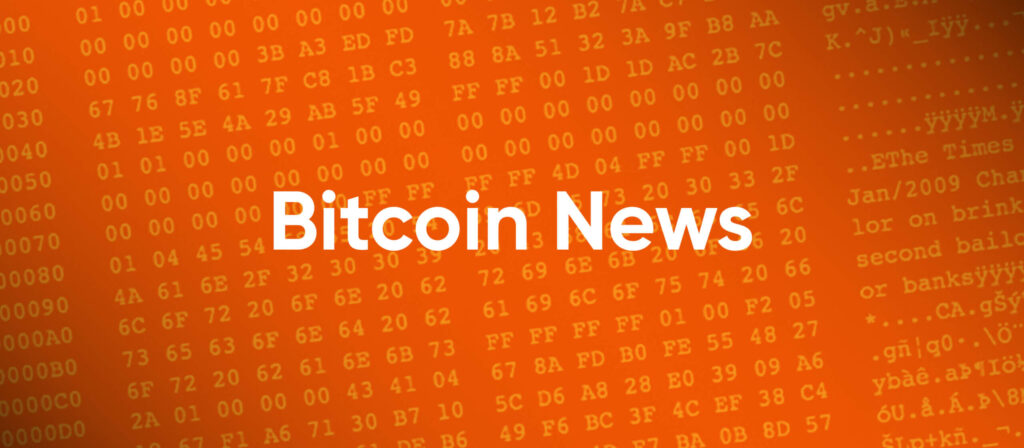
ALS Network | Receives Finney Freedom Prize
The ALS Network has been selected by the Finney family to receive the monetary component of the very first Finney Freedom Prize. The prize, established to honor the legacy of Hal Finney, a pioneer in Bitcoin development and an advocate for civil liberties, is given each halving era to individuals or organizations that make significant contributions to Bitcoin and human rights. The funds from this prize will be used to launch the Hal Finney ALS/MND Research Fund, advancing research into ALS and other motor neuron diseases. “HRF is thrilled that the Finney Family has decided to use the funds earned by Hal to spark a new frontier in the fight against ALS,” HRF Chief Strategy Officer Alex Gladstein said. You can learn more about this initiative here.
Tando | Bringing Bitcoin Payments to Kenya
Tando, a new payment application, enables 54 million Kenyans to send money, buy goods, and pay bills with Bitcoin. Available for use anywhere M-PESA (a popular mobile payment system) is accepted, Tando allows users to pay in Bitcoin over the Lightning Network while merchants receive the payment in Kenyan Shillings. It is compatible with all Lightning Wallets, is KYC-free, and has no transaction fees. Tando hopes to incentivize Bitcoin’s use as a medium of exchange, helping everyday Kenyans protect their privacy and reclaim financial independence. Watch Tando in action here and learn more about the project on their website.
Nostr Web Services | First Release
Asmogo, a software developer, released Nostr Web Services (NWS). It introduces a new way for devices to communicate securely and privately on the Internet without needing public IP addresses. Instead, NWS uses Nostr, a decentralized communications protocol, to establish connections between different devices. This enables users to connect to services securely, without exposing their real location or identity, ensuring their online activities remain more private. This technology may prove valuable for those in regions with strict internet controls. You can learn more about NWS here.
OpenSats | Grant Support for The Tor Project
OpenSats, a public charity funding free and open-source software and projects, announced a grant for the Tor Project, a nonprofit organization focused on privacy and freedom on the Internet. Tor is an open-source, secure, and anonymized communications network for the Internet that uses onion routing to protect user privacy. It plays a crucial role in safeguarding the identities of Bitcoin users, node operators, and service providers from surveillance. This grant will help the Tor Project expand its team of onion service developers, ensuring the network continues to provide the utmost security and privacy, which remains vital for Bitcoin, Nostr, and the Internet at large.
Report | Review of Layer 2 Bitcoin Proposals
Peter Todd, a Bitcoin developer, compiled a detailed review of various Bitcoin layer 2 proposals dependent on soft forks and covenants (a proposal that introduces new conditions on how Bitcoin can be spent). These include Ark, LN-Symmetry, Validity Rollups, BitVM, and CheckTemplateVerify (CTV), all of which aim to increase Bitcoin’s scalability by allowing multiple users to share a UTXO. Todd’s report also outlines the improvements needed in Bitcoin’s mempool to support these advancements. You can read the full report here.
Geyser | Releases User Experience Overhaul
Geyser, a global Bitcoin crowdfunding platform, rolled out a user experience overhaul with its v0.12.0 update. The overhaul introduces a revamped Project Leaderboard page that showcases top contributors to a project on a weekly, monthly, or all-time basis. The release also includes a recurring email notification system to keep creators and contributors updated on a given project’s progress and milestones. This will support Geyser’s mission to showcase critical initiatives funded via Bitcoin, including humanitarian campaigns in Ukraine and Palestine and educational initiatives like Mi Primer Bitcoin, No BS Bitcoin, and Citadel Dispatch.
Recommended Content
Telegram and YouTube Censorship Show Bitcoin and Nostr are Critical by Roger Huang
In his latest Forbes article, Roger Huang speaks to the vital role decentralized networks play in protecting free speech and privacy. After the recent arrest of Telegram CEO Pavel Durov and the removal of Bitcoin educational content from YouTube, Huang argues centralized platforms are vulnerable to government pressure and corporate censorship. These incidents highlight the necessity of decentralized technologies like Bitcoin and Nostr, which give individuals the freedom to transact and communicate without the risk of state interference or arbitrary censorship. The protocols have become a necessity for activists, nonprofits, and citizens living under authoritarian regimes, preserving their fundamental freedoms in an increasingly controlled world. Read the full article here.
How to Buy Bitcoin on RoboSats by Area Bitcoin
In this guide, Kaká Furlan, founder of Area Bitcoin, details how to buy Bitcoin privately on RoboSats, an HRF grantee and peer-to-peer Bitcoin exchange powered by the Lightning Network. The article walks readers through the process of accessing RoboSats via the Tor browser, creating a pseudonymous identity, and the steps to buy Bitcoin. This is a valuable resource for activists or nonprofits seeking to buy Bitcoin privately while avoiding centralized exchanges and government surveillance. Check out the full guide here and a Portuguese translation of the guide here.
Webinar Series: How to Use Bitcoin for NGOs
HRF will host a three-day webinar designed specifically to teach human rights defenders and nonprofit organizations how to integrate Bitcoin into their work to challenge state censorship and confiscation. From Nov. 4-6, 10:30 EDT to 12:00 EDT daily, participants will learn what Bitcoin is, how it counters financial repression, how to make payments, and how to maintain financial privacy under surveillance regimes. If you’re an activist or a nonprofit organization, we invite you to apply here.
– If this email was forwarded to you and you enjoyed reading it, please consider subscribing to the Financial Freedom Report here.
– Support the newsletter by donating bitcoin to HRF’s Financial Freedom program via BTCPay.
Want to contribute to the newsletter? Submit tips, stories, news, and ideas by emailing [email protected].
The Bitcoin Development Fund (BDF) is accepting grant proposals on an ongoing basis. The Bitcoin Development Fund is looking to support Bitcoin developers, community builders, and educators. Submit proposals here.


